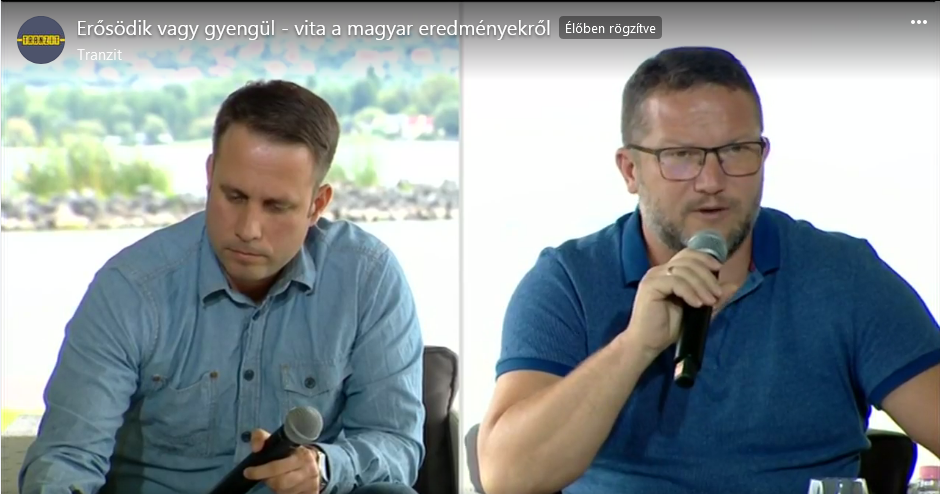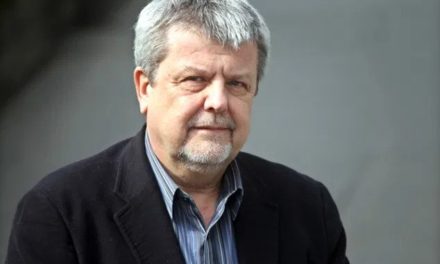Hungary is "extricating itself" from the current economic difficulties in such a way that no austerity is necessary, while the left was based on austerity during the 2008 crisis, said the parliamentary state secretary of the Prime Minister's Cabinet Office in Tihany on Saturday, at a community meeting called Tranzit Közéleti Évadnyitó and Gondolatexpo.
Csaba Dömötör in the online István Ujhelyi , a socialist member of the European Parliament, that crisis management is not only about economic policy issues, but also about who can ultimately make the decisions about the future. The politician from the government party called the IMF loan a dead end in the 2008 crisis management , which, according to him, means that the country does not determine its economic policy decisions, but "says in pen what they want to see". He pointed out: during the crisis of 2008, his opposition debate partner voted to take away one month's wages, pay health care, cut family benefits, and the property tax.
According to István Ujhelyi, the result of handling the 2008 crisis is that from 2010 the Orbán government was able to move along an economic growth path. He added that Hungary owed most of the growth to EU funds. The socialist politician also spoke about the fact that he can criticize the "painful" decisions of the time, he left the Gyurcsány government, but returned under the prime ministership of Gordon Bajnai, and it was a " very serious crisis management year without political frills". As a critic of the past period, István Ujhelyi stated that, in his opinion, the Orbán government pursued almost nothing else than GDP growth and presentable numbers of the economy's performance, while society was divided.
In response to this, Csaba Dömötör said: the income of the poorest 10-20 percent increased the most. The left left the government with unemployment at nearly ten percent, and 17 percent of minors grew up without seeing their parents go to work. On the other hand, unemployment fell below four percent for the period before the epidemic, and according to the latest data, it is again below four percent , he declared.
During the debate, István Ujhelyi criticized high inflation, the price of gasoline and the euro exchange rate, the low minimum wage at the European level, and the amount of spending on health care. At the same time, Csaba Dömötör highlighted that real incomes have increased by 70 percent under the current government . He also talked about: since 2015, the number of Hungarians going abroad has been decreasing, and more people - moreover, with families - are coming home than are leaving. The Hungarian family support system can also be attractive to them, in which an important principle is that the support is linked to work. If this were to be broken, it would lead to an increase in unemployment, the state secretary pointed out.
Although, according to István Ujhelyi, the government's family subsidies contain many useful elements, he emphasized: they did not stop the loss of the Hungarian population, and many cannot live off the subsidies. He said: even if the left comes to power, the family support programs will not be reduced. However, Csaba Dömötör drew attention to the fact that the left-wing plans still include the provision of housing subsidies not only dependent on employment.
Nearing the end of the conversation, the state secretary said: the left's EU policy is about "where to sign?", while the government's is about Hungarian interests. He emphasized: Hungary's EU membership is a fundamental national interest, but this does not mean that the national interest should not be asserted in the debates. He noted: there is only one party in the left-wing coalition, Jobbik, whose current president previously took a stand against EU membership.
Source: Magyar Hírlap.
(Header image: Facebook)
The full article can be read here.
A video of the debate can be viewed below.












